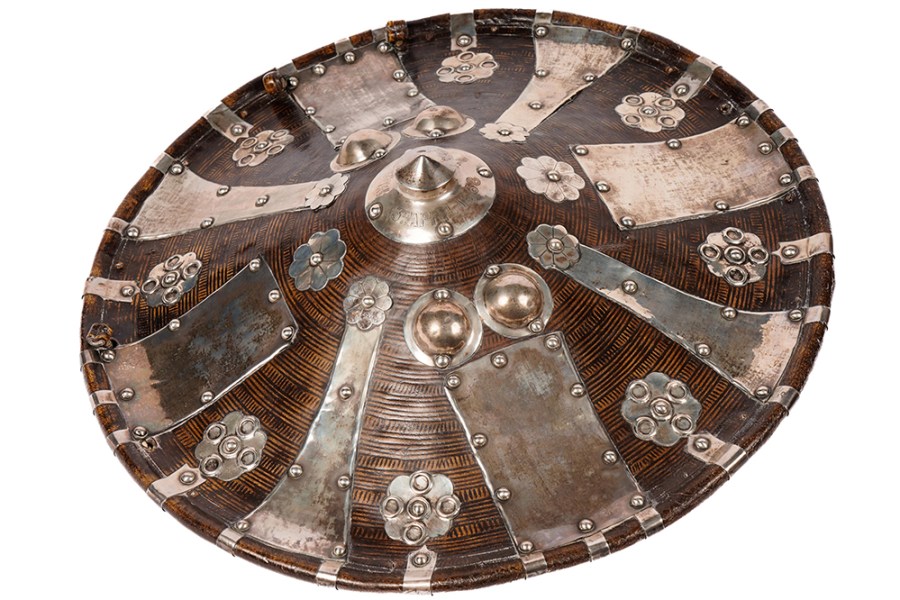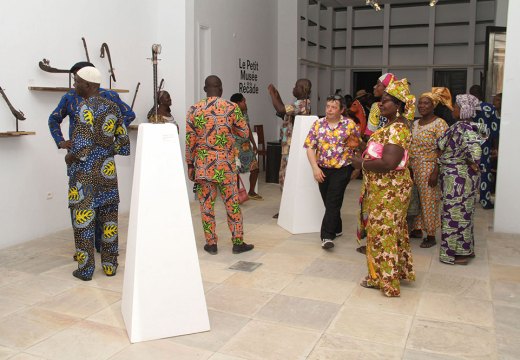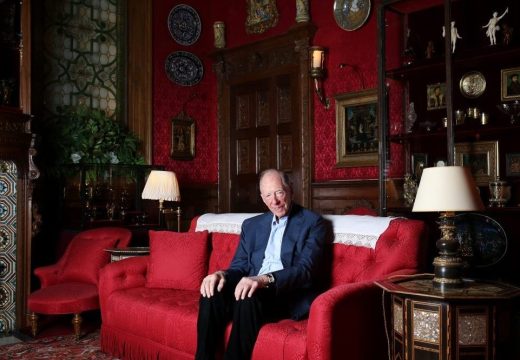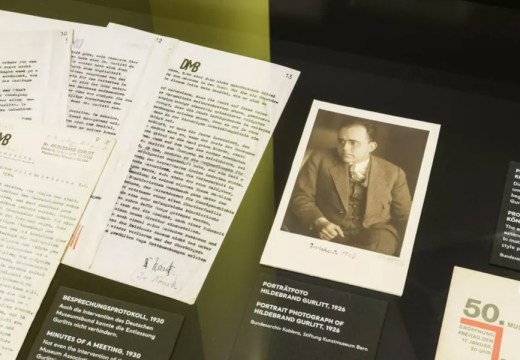An Ethiopian shield that was looted by British soldiers in 1868 has been withdrawn from sale in Newcastle upon Tyne after the Ethiopian government requested its return. The hide and metalwork shield, which bears the inscription ‘Magdala 13th April 1868’, was due to be sold on 29 February by the auction house Anderson & Garland. It is among a trove of artefacts taken to the UK after the Battle of Maqdala, during which British forces seized a compound belonging to Emperor Tewodros II. For decades, the Ethiopian government has been appealing for the return of these objects, many of which are held in private and public collections in the UK, including the Victoria and Albert Museum and the British Museum. In 2018, the V&A offered to loan objects looted by the British after the Battle of Maqdala to Ethiopia on a long-term basis; since then, discussions centring around loan plans have taken place between V&A executives and the Ethiopian Embassy. In response to the shield’s removal from sale, the Ethiopian Heritage Authority stated: ‘The Authority appreciates Anderson & Garland and the present custodians of the shield for their wise decision to withdraw the shield from the auction and start negotiations for its repatriation.’
The Palestinian artist Fathi Ghaben has died after being unable to leave Gaza to seek medical treatment. He was 77. Ghaben was imprisoned by the Israeli authorities on several occasions; his use of the Palestinian flag and its colours in his work at a time when this was forbidden was seen as a brave act of resistance. In a statement, the Palestinian ministry of culture, which counted Ghaben among its advisers, said that the artist needed to travel abroad ‘to complete his treatment, due to the lack of medicine and oxygen in Gaza, but the occupation authorities did not allow him to leave the Strip’. The ministry describes his death as ‘a loss to Palestinian art’. Aser El Saqqa, the Palestinian-born managing director of the London-based organisation Arts Canteen, which supports artists from the Arab world, told the Art Newspaper: ‘I vividly remember posters of his art everywhere in the city… All of the artists I work with are really influenced by Fathi.’
The Art Institute of Chicago (AIC) has defended its ownership of an Egon Schiele drawing that was allegedly looted by the Nazis. The AIC acquired the work in question, Russian War Prisoner, in 1966. In a 160-page court filing, the Manhattan District Attorney’s office, which claims that a fraud was perpetrated to hide that the work had been taken from Fritz Grünbaum before the Second World War, has accused the AIC of ‘wilful blindness’ regarding the true provenance of the work. The museum has not been accused of being party to the fraud. In November 2023, a federal court ruling upheld a 2011 federal court decision that stated that Grünbaum’s heirs had waited too long to claim ownership of the work, and that the AIC was the rightful owner. This is in contrast to a New York State Supreme Court ruling from 2018, which declared, in relation to two separate Schiele drawings, that Grünbaum had not voluntarily surrendered the artworks before he was murdered by the Nazis, and that his heirs were the rightful owners of those drawings. In a recent statement, the AIC said that ‘Federal court has explicitly ruled that the Grünbaums’ Schiele art collection was “not looted” and “remained in the Grünbaum family’s possession”’ until the artworks were sold to the AIC by Grünbaum’s sister-in-law. Since September 2023, the Manhattan District Attorney’s office and Homeland Security Investigations have secured the return of 10 looted Schiele artworks to the Grünbaum family, including works that were held by the Museum of Modern Art in New York, the Morgan Library, the Carnegie Museum of Art and the Santa Barbara Museum of Art.
Arts Council England (ACE) has released a new set of Relationship Framework guidelines in which it stresses its commitment to ‘freedom of artistic expression’. According to the new guidance – which applies to National Portfolio Organisations (NPOs) receiving ACE funding between 2023 and 2026 – ACE ‘will not remove or refuse funding to an organisation or an individual purely because they make work that is political’. The changes come after ACE published an update to its funding guidance in January, which included the warning that people or organisations that create work ‘that might be deemed controversial, activity that might be considered to be overtly political or activist and goes beyond your company’s core purpose’ may pose a ‘reputational risk’ to ACE and therefore be in breach of the terms of their funding. The clause also specified that ‘reputational risk can be generated not just by the organisation and its decisions, but also by staff and other individuals associated with the organisation acting in a personal capacity’. Prominent cultural figures voiced their opposition to the guidance, arguing that it was an attempt to curtail political art and freedom of expression. A lengthy section about managing reputational risk is still present in the guidelines, which state: ‘Reputational risk refers to negative or damaging reactions towards your organisation […] Outcomes could involve the cancellation of work, loss of income, loss of partnerships and employment opportunities, and mental health impacts on your staff, and others associated with your organisation.’ ACE measures the risk to its NPOs, including reputational risk, every three months.
The financier and philanthropist Lord Jacob Rothschild has died at the age of 87. Alongside his career in the City, he played a prominent role in the arts: chairing the board of trustees at the National Gallery from 1985 to 1991, during which time he oversaw the funding and creation of the Sainsbury Wing, and chairing the National Heritage Memorial Fund from 1992 to 1998, which oversaw the distribution of £1.2bn in grants during his tenure. He was also responsible for finding a home for the Courtauld Institute and Gallery in Somerset House in 1989, and overseeing a five-year refurbishment of Waddesdon Manor – which is leased from the National Trust by the Rothschild Foundation – in the early 1990s. Rothschild was awarded the Order of Merit in 2002. Writing for Apollo, David Ekserdjian described Rothschild’s death as ‘truly the end of an era’.
Unlimited access from just $16 every 3 months
Subscribe to get unlimited and exclusive access to the top art stories, interviews and exhibition reviews.














![Masterpiece [Re]discovery 2022. Photo: Ben Fisher Photography, courtesy of Masterpiece London](http://www.apollo-magazine.com/wp-content/uploads/2022/07/MPL2022_4263.jpg)






